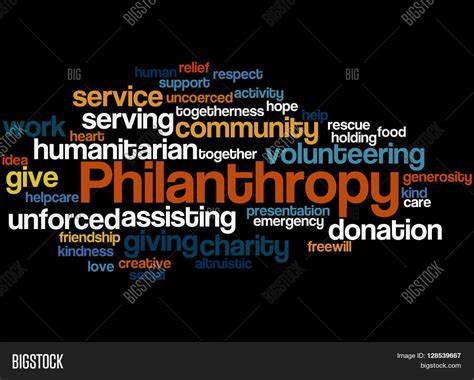Islamic philanthropy raised a record $46 million for 2 million displaced people in 2023, according to a report released by the United Nations Refugee Agency (UNHCR) to mark the beginning of Ramadan, the Islamic holy month of fasting.
Contributions for zakat and sadaqah, paid via the UN’s Refugee Zakat Fund, grew by almost 20 per cent from 2022.
Muslim giving is defined as those that follow the fundamental pillars of the Islamic faith: zakat, the compulsory giving of 2.5 per cent of wealth by Muslims, and sadaqa, the discretionary charity that can take the form of financial resources, donation of material needs or voluntary service.
The rise in giving is partly driven as a response to the increasing number of conflicts and crises. A record 114 million people were displaced just last year alone.
The UNHCR says Islamic funding to cover less than 50 per cent of its global budget, making the contributions more crucial than ever.
The Islamic holy month of fasting comes as extreme hunger spreads in Gaza. Philippe Lazzarini, head of the UN agency for Palestinian refugees, says Ramadan arrives as “displacement continues, and fear and anxiety prevail amid threats of a military operation on Rafah”, on Gaza’s border with Egypt.
‘This month should bring a ceasefire for those who have suffered the most. They need respite and peace of mind. It’s long overdue’.
Filippo Grandi, the UN High Commissioner for Refugees, said: ‘This month is traditionally characterized by moments of joy, of gratitude, of family, of communal gatherings around the Ramadan table. Yet, escalating and brutal violence around the world has deprived countless families of moments like these.’
‘I think of the millions of Sudanese refugees who have been forced to experience Ramadan away from home … of those displaced in Yemen, the enduring plight of Syrian, Afghan, Rohingya, and other refugees,’ he added.
Ramadan started on Monday 11 March and ends in April, just before the first anniversary of the Sudan conflict, which has displaced more than 8 million people. Over half a million have fled to neighboring Chad, where the refugee population has doubled since the conflict began.
Writing for Alliance back in 2018 for our Muslim philanthropy cover issue, Tariq Cheema, founder of the World Congress of Muslim Philanthropists, says Islamic giving is a ‘lifeline to humanitarian organizations who contribute towards a robust relief network on the ground.’
However, the constant challenge by two main issues: ‘firstly, the overwhelming proportion of Muslim giving is directed towards disaster relief, thus leaving very little room to diversify funding. As a result, less money is available to invest in addressing other societal needs such as health, education, food security, and economic empowerment. Secondly, the high burden of humanitarian crises combined with limited availability of human and financial resources and lack of coordination among relief actors compromises the effectiveness of service delivery’, said Cheema.
‘Against this backdrop, it is of paramount importance that Muslim philanthropy adopts a holistic approach focused on crisis prevention not just crisis management,’ he added.
Written by: Shafi Musaddique, the news editor at Alliance magazine
Do you want to share your impact stories or pitch the coverage of your CSR event to us? E-mail: editor@impactwatch.net or *Phone +234-806-795-0250 (Whatsapp &Text)





